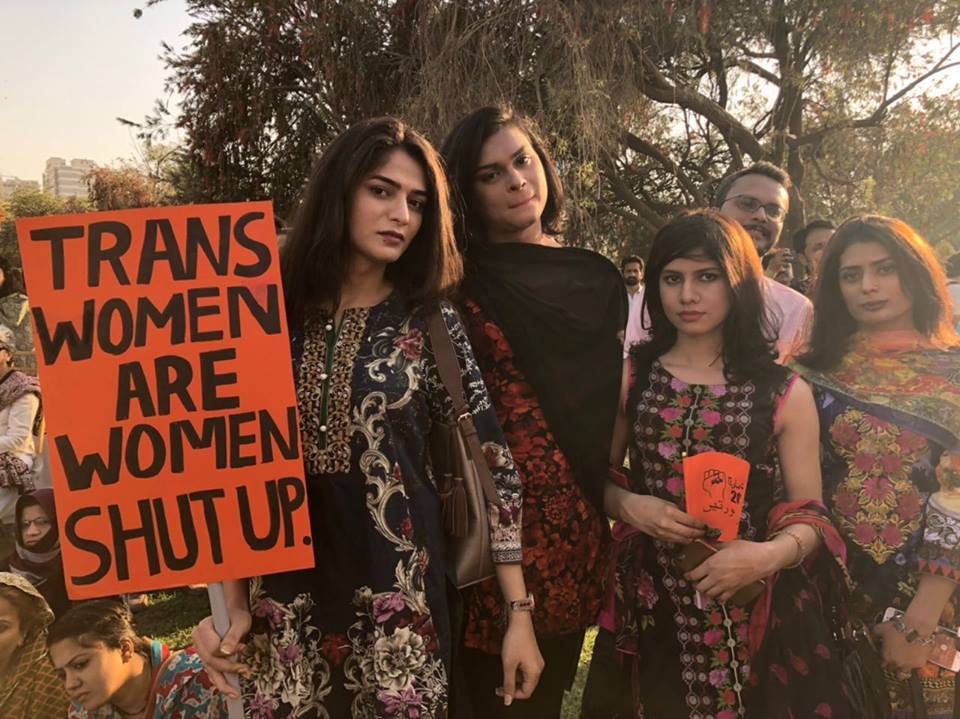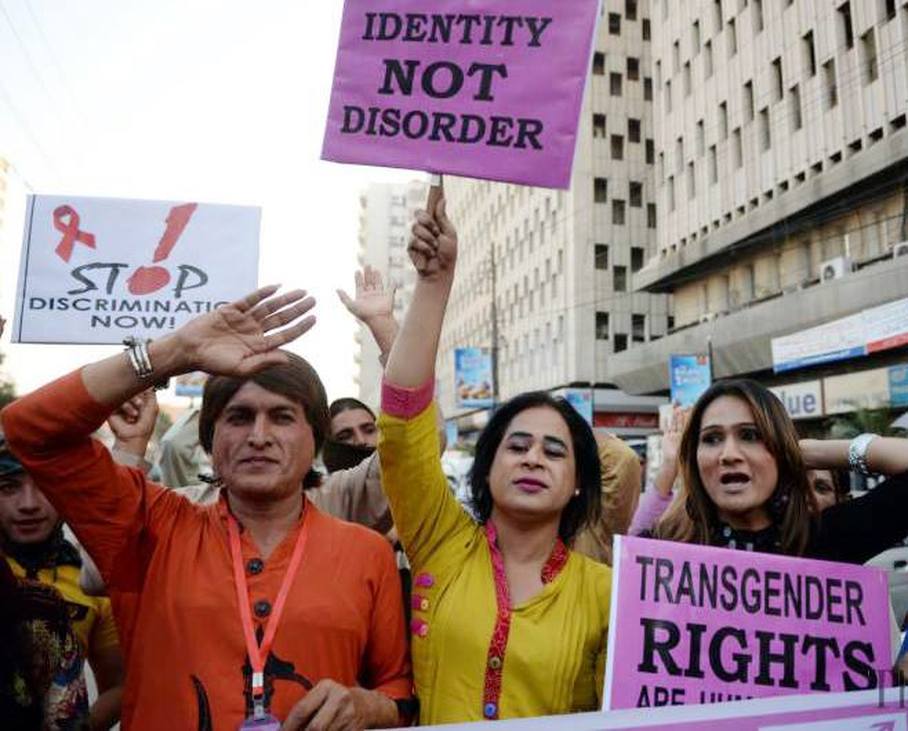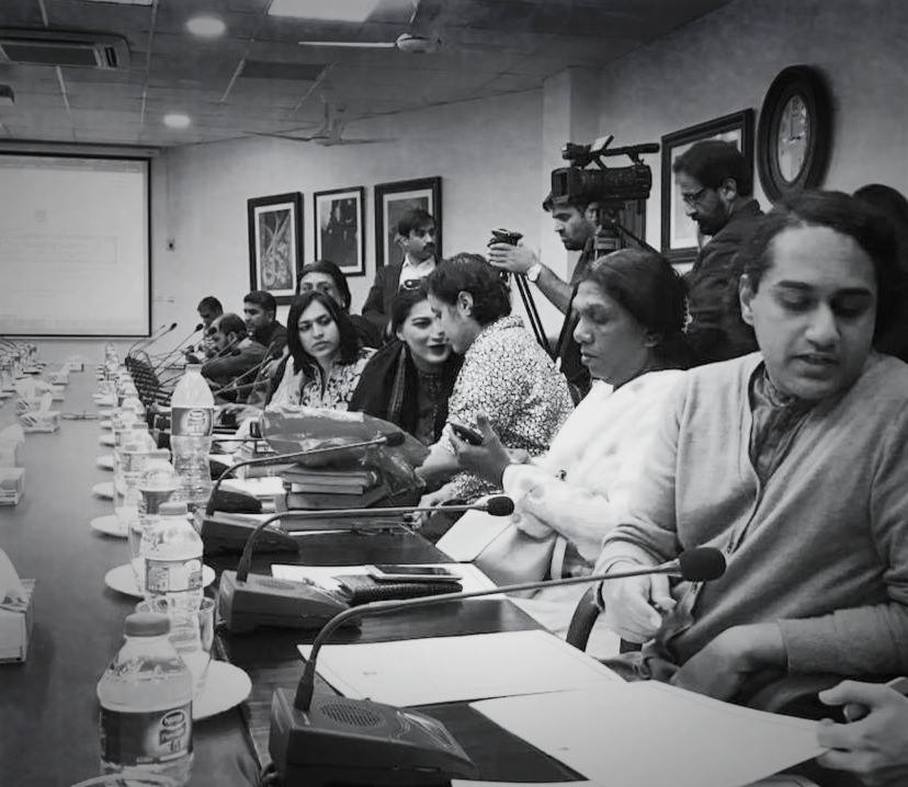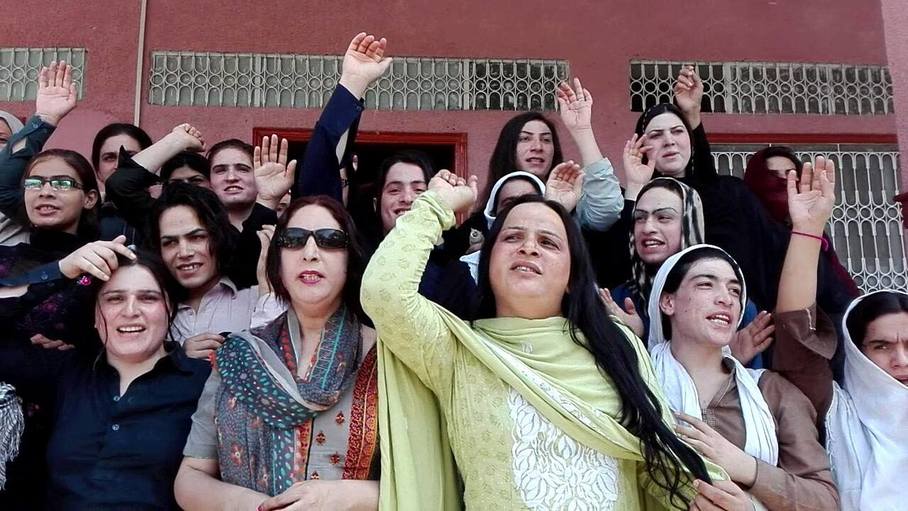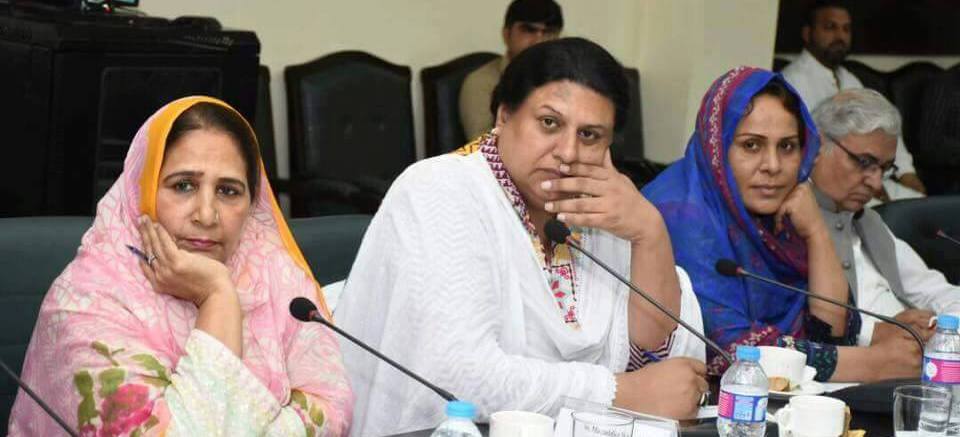|
Maruf Foundation, 2012-2023
Queer moslims bevinden zich vaak op het kruispunt van hun verschillende identiteiten. Ze hebben hierin te maken met uitdagingen om hoe ze zich identificeren. Op individueel niveau of structurele wijze. Enerzijds worden ze afgewezen vanwege hun seksuele oriëntatie, genderidentiteit, expressie of geslachtskenmerken. Anderzijds worden ze uitgesloten vanwege hun etnische afkomst, ras, religie of geloofsovertuiging. Daarom is Maruf er. Wij zijn er ter ondersteuning van queer moslims en staan voor een open samenleving vrij van alle vormen van uitsluiting. Maruf is de initiatiefnemer van
de European Queer Muslim Network. |
Navigatie
Home Over Maruf Een veilige omgeving Empowerment Programma Projecten Maruf Community Nieuws & Opinie Agenda Contact Contact
[email protected] Postadres Stichting Maruf 1e Weteringsplantsoen 2C 1017 SJ Amsterdam The Netherlands |
Social Media
|

